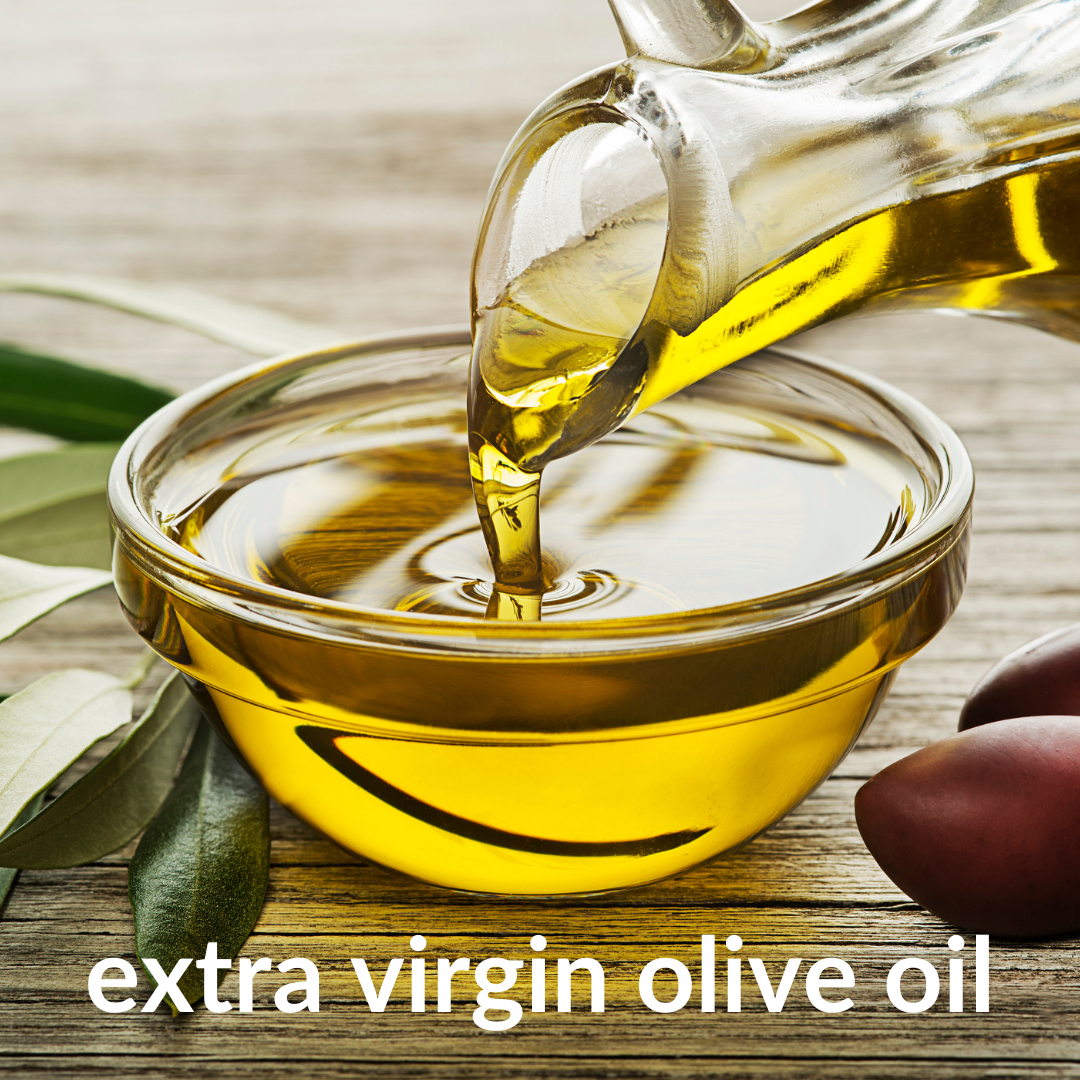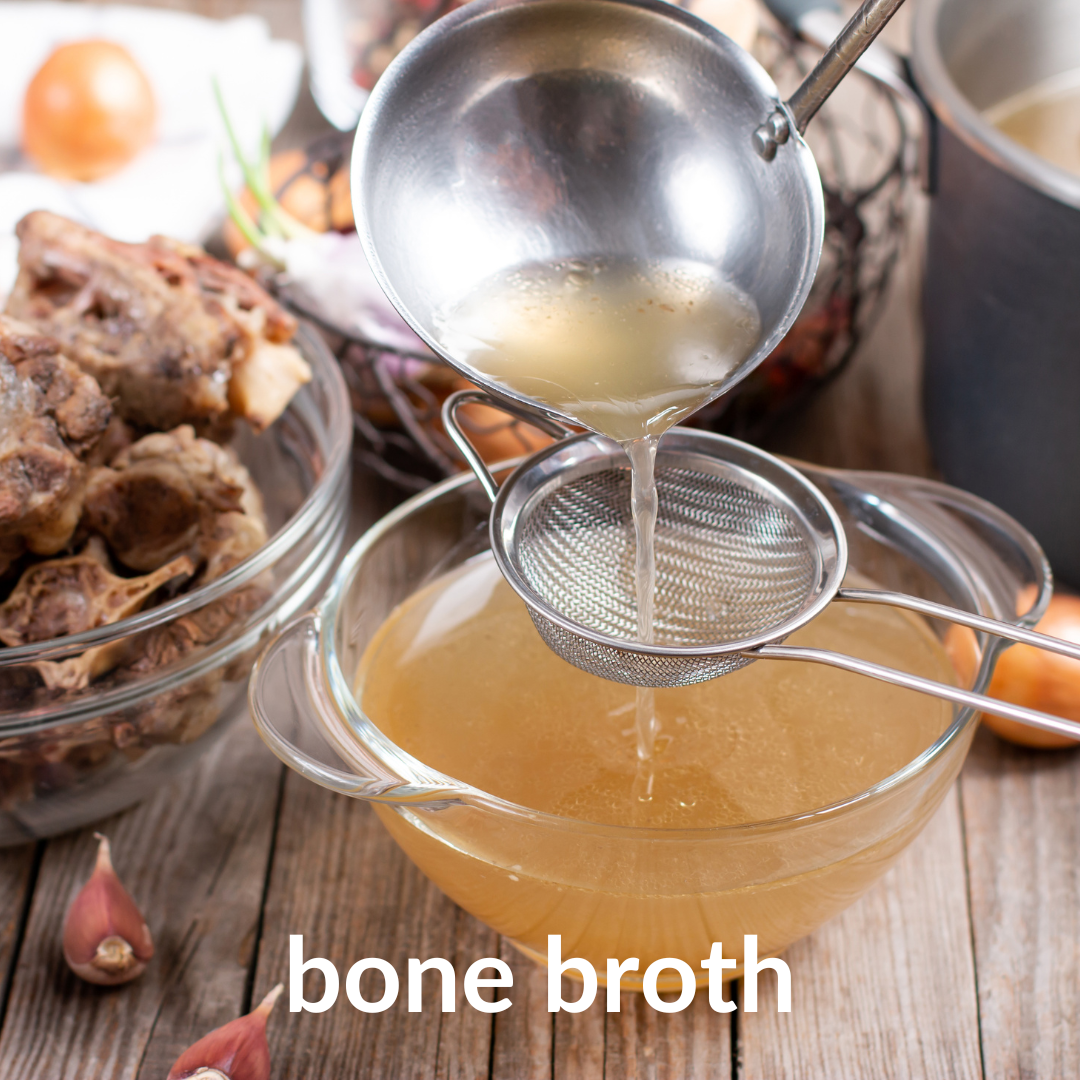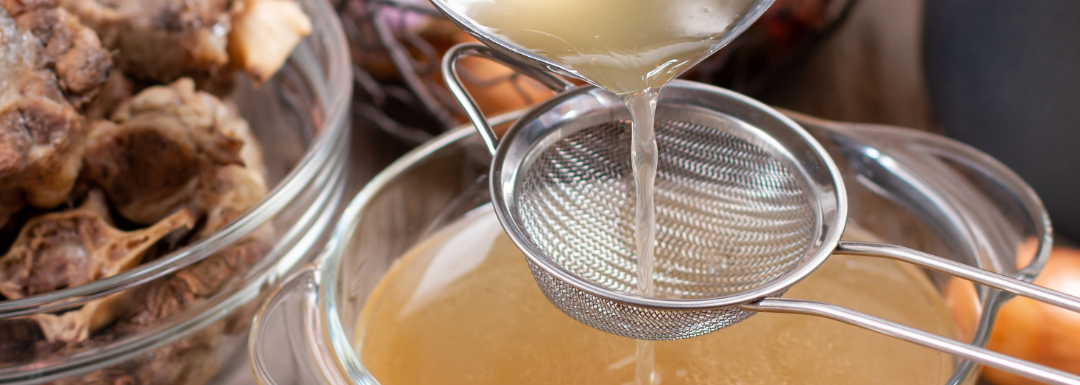Maintaining healthy joints is critical to staying active and pain-free. Whether you’re running marathons, chasing after kids, or simply walking up the stairs — your joints bear the brunt of daily movement— and over time, wear and tear can lead to discomfort, stiffness, or even arthritis.
But did you know that your foods can significantly affect how your joints feel? Certain nutrients can help keep your joints flexible and strong, from reducing inflammation to nourishing cartilage.
Here, we’ll cover the top 10 foods to include in your diet for healthier joints, how they work, and what research shows.
1. Fatty Fish (Salmon, Tuna, Sardines)
How They Work: Fatty fish are rich in omega-3 fatty acids with potent anti-inflammatory properties. Omega-3s help reduce joint stiffness and pain by lowering inflammatory markers such as C-reactive protein (CRP).
Research: Several studies show that omega-3s can significantly reduce symptoms of rheumatoid arthritis and may protect against cartilage breakdown.
Pro Tip: Are you a vegan? Don’t like fish? Remember that fish oil supplements can help, too.
2. Leafy Greens (Spinach, Kale, Arugula)
How They Work: Leafy greens are loaded with antioxidants like vitamins C and E and beta-carotene. These antioxidants help reduce oxidative stress and inflammation, which can damage joint tissues.
Research: Vitamin C is essential for collagen synthesis, a key protein in joint cartilage. Research suggests that individuals with higher vitamin C intake may have a lower risk of developing osteoarthritis.
3. Berries (Blueberries, Strawberries, Raspberries)
How They Work: Berries are packed with polyphenolic flavonoids and anthocyanins, which help combat inflammation and reduce oxidative damage in the joints.
Research: Studies show that berries inhibit inflammatory processes and lessen pain in conditions like osteoarthritis and rheumatoid arthritis. For example, anthocyanins in berries reduce markers of inflammation in osteoarthritis.
4. Olive Oil
How It Works: Olive oil, particularly extra virgin olive oil, contains a compound called oleocanthal, which has anti-inflammatory properties similar to ibuprofen.
Research: Studies have shown that oleocanthal inhibits enzymes involved in inflammation, potentially reducing joint pain and stiffness. Mediterranean diets rich in olive oil have been linked to lower rates of rheumatoid arthritis.

5. Nuts and Seeds (Walnuts, Flaxseeds, Chia Seeds, Almonds)
How They Work: Nuts and seeds provide alpha linoleic acid (ALA), a type of omega-3 fatty acid, which helps reduce inflammation.
Research: Omega-3s from plant sources like flaxseeds and walnuts have been associated with reduced inflammation and pain in people with arthritis.
Pro Tip: Make sure to look for options that have low sodium (salt).
6. Turmeric
How It Works: Turmeric is a yellow spice that contains curcumin. This powerful anti-inflammatory compound has been shown to alleviate joint pain and inflammation.
Research: Multiple studies have demonstrated that curcumin supplements can reduce pain and improve function in people with osteoarthritis and rheumatoid arthritis. It is thought to inhibit inflammatory pathways that contribute to joint deterioration.
Pro Tip: Make sure to use curcumin supplements. Cooking with a dash of turmeric won’t offer the same therapeutic dose needed to help alleviate joint pain and inflammation.
7. Garlic
How It Works: Garlic contains compounds like diallyl disulfide, which has been shown to have anti-inflammatory effects and may help protect against cartilage damage.
Research: Studies suggest that higher garlic consumption is associated with a reduced risk of developing osteoarthritis, likely due to its ability to reduce inflammatory markers.
Pro Tip: Make sure to use fresh garlic instead of garlic powders and salts. This will help maximize its anti-inflammatory properties.
8. Bone Broth
How It Works: Bone broth is rich in collagen and gelatin, which are important for maintaining joint cartilage. Collagen provides structural support to the joints, while gelatin can promote cartilage regeneration.
Research: Animal studies suggest that collagen from bone broth can help repair cartilage and reduce symptoms of osteoarthritis. Human studies are still limited, but preliminary findings are promising.
Pro Tip: Don’t like bone broth? Collagen supplements can help, too.

9. Cherries
How It Works: Cherries and cherry juice have been linked to a lower risk of gout. Gout is a type of inflammatory arthritis caused by the buildup of uric acid. It usually affects the foot joints.
Research: Studies have shown that cherries may help lower uric acid concentrations, decreasing the risk of gout attacks.
10. Sweet peppers
How It Works: All sweet peppers (red, yellow, green, and orange) are an excellent source of Vitamin C. Vitamin C helps stimulate collagen production, an important part of joint cartilage. Vitamin C can also help reduce inflammation in the body. This can be especially helpful if you have rheumatoid arthritis.
Research: Research has shown that Vitamin C helps stimulate the natural production of collagen and helps reduce symptoms of knee arthritis.
If you want to work with a dedicated healthcare provider to make meaningful lifestyle changes to support healthy joints, contact us at BIFAT Center. We’re here to help you take the first step to a new, healthier you.


Leave a Reply